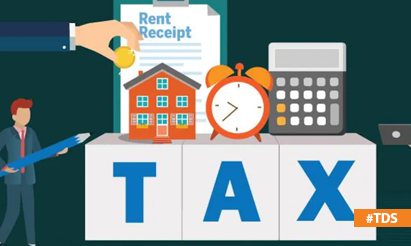What is the meaning of Section 54F of the Income Tax Act?
According to a revised clause added to the Income Tax Act of 1961, capital gains made by an individual or a family from the sale of capital assets other than a dwelling or a real estate property are taxed.
This means that the Central Government will collect taxes on capital gains realized from the sale of long-term capital assets. Section 54F of the Income Tax Act focuses on enabling tax exemption where the owner of the assets meets a specific set of circumstances.
Criteria for getting Section 54F tax exemption
- Individuals or Hindu Undivided Family (HUF) residing in India are eligible for this exemption.
- The exemption will be granted only if the capital gains are invested within a year after the transaction’s completion, taking the selling date into account.
- It can also be used if a purchase or investment is undertaken within two years following the sale of capital assets.
- Investing a portion of the selling profits will not result in complete exemption. The clauses will be used to determine the partial exemption.
Section 54F Deductible Amount
As per Section 54F of the Income Tax Act, the amount exempted is controlled by the quantity invested, the cost of capital assets, and the capital gains made. When a portion of the capital gain is invested, a proportionate reduction is applied.
The following is the formula for determining the amount gained:
(Capital gains x investment amount) / net consideration
This formula is used to compute net consideration.
Net consideration = Total consideration value (-) Expenditure
When the full sum is invested, it is eligible for tax exemption. This formula will be used to calculate the amount obtained after it is completed partially.
When will Section 54F be repealed?
During three years of the date of purchase, an assessee cannot trade or transfer a purchased realty property. The exempted sum will thereafter become taxable. It will be taxed in the prior year’s statement and is deemed long-term capital, according to Section 54 of the Income Tax Act of 1961.
This sum can be included as per the provision if an assessee deposits it in a capital gain deposit account plan. This is a clever approach to avoid paying capital gains taxes. In public sector banks, this accounting technique is available. The funds are subsequently used to purchase new assets in accordance with Section 54F of the Income Tax Act for the fiscal year 2021-22.
Section 54F is intended to provide citizens with tax benefits when capital gains are re-invested and tax is paid to the federal government in other methods specified in the clause.
Disclaimer: The views expressed above are for informational purposes only based on industry reports and related news stories. PropertyPistol does not guarantee the accuracy, completeness, or reliability of the information and shall not be held responsible for any action taken based on the published information.




